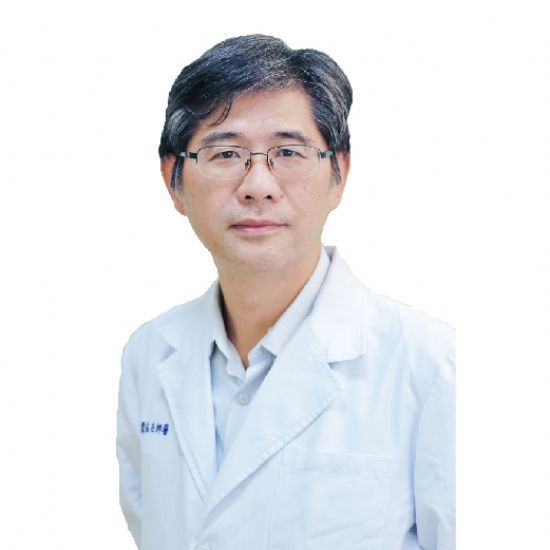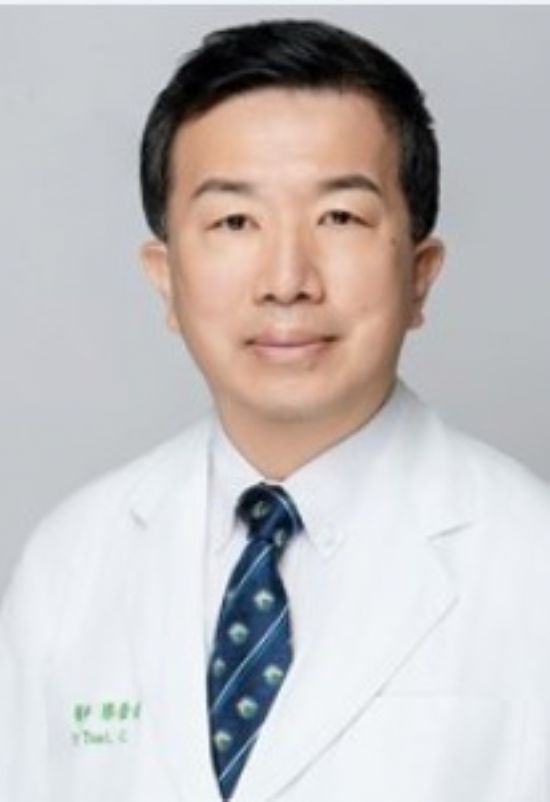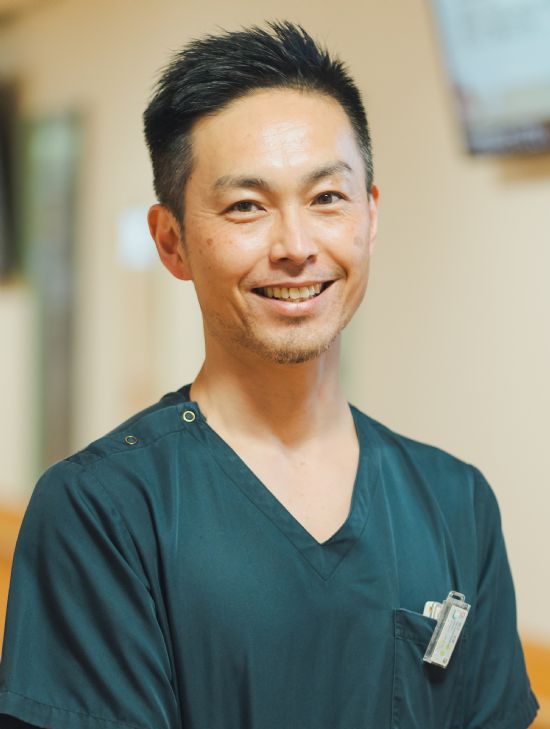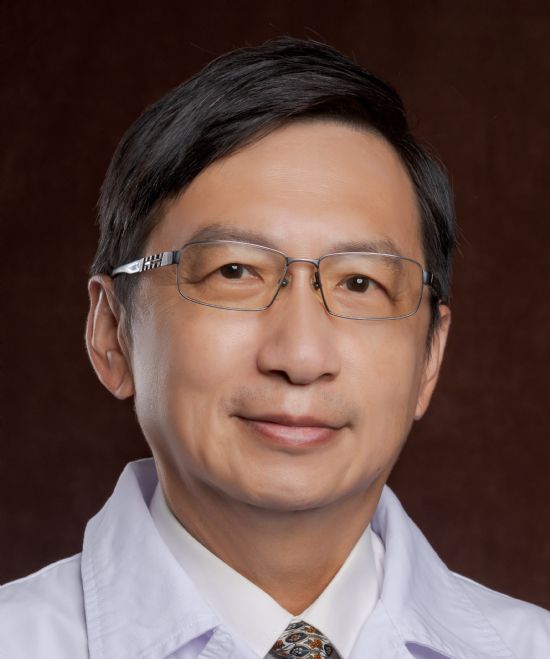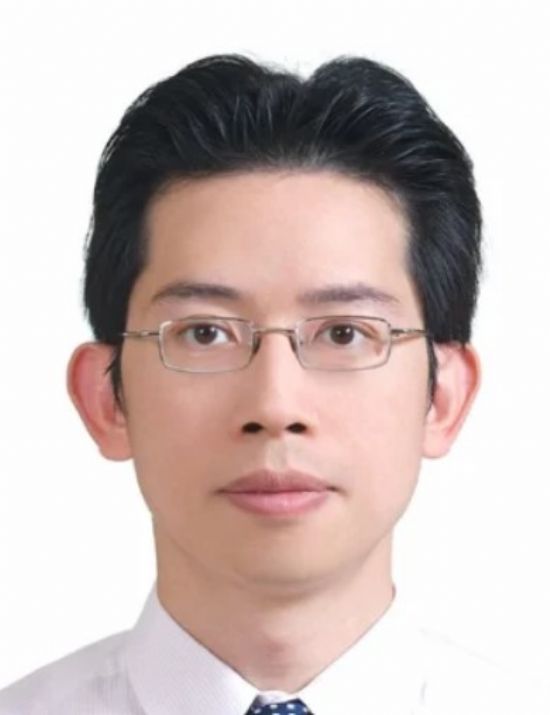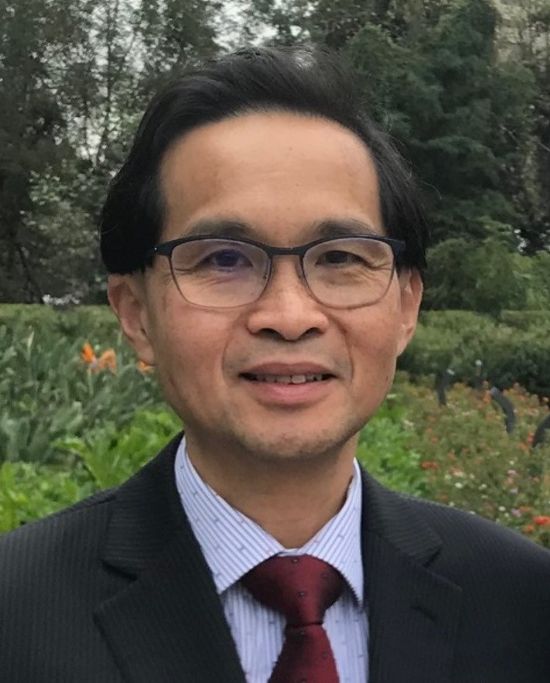Time slot's time in Taipei (GMT+8)
2025/11/22 14:00-17:30 Room 201 ABC
- SYMPOSIUM 5&9 Neuromodulation I
Non-invasive Neuromodulation: navigating the future by cutting-edge approaches
- Time
- Topic
- Speaker
- Moderator
- 14:00-14:30
- TBS: new insights for clinical applications 20 years after its innovation
- Speaker:
John Rothwell
- Moderator:
Shey-Lin Wu
- Shey-Lin Wu
- MD. PhD.
-
Chief Director , Chang Bing Show Chwan and Changhua Show Chwan Memorial Hospital
E-mail:wusheylin@gmail.com
Executive Summary:
Dr. Wu Shey-Lin is the Chief Director of the Neurology Department at Changhua Show Chwan and Chang Bing Show Chwan Memorial Hospitals in Taiwan. With over 35 years of experience in clinical practice and academic research, Dr. Wu has held several key positions, including Director at Changhua Christian Hospital and Superintendent of Yumin General Hospital. He has also served as President of both the Taiwan Movement Disorder Society and the Taiwan Neurological Society. Currently, he is a board member of the Taiwan Movement Disorder Society and the Taiwan Stroke Society, as well as a Supervisor of the Taiwan Neurological Society. Dr. Wu’s research focuses on advancing the understanding and treatment of Parkinson’s disease, particularly in movement disorders and novel therapeutic interventions for neurodegenerative diseases. His significant contributions are reflected in numerous publications in leading journals. Dr. Wu remains deeply involved in cutting-edge research projects that aim to improve diagnostic and therapeutic strategies for neurological disorders.
Dr. Wu Shey-Lin is the Chief Director of the Neurology Department at Changhua Show Chwan and Chang Bing Show Chwan Memorial Hospitals in Taiwan. With over 35 years of experience in clinical practice and academic research, Dr. Wu has held several key positions, including Director at Changhua Christian Hospital and Superintendent of Yumin General Hospital. He has also served as President of both the Taiwan Movement Disorder Society and the Taiwan Neurological Society. Currently, he is a board member of the Taiwan Movement Disorder Society and the Taiwan Stroke Society, as well as a Supervisor of the Taiwan Neurological Society. Dr. Wu’s research focuses on advancing the understanding and treatment of Parkinson’s disease, particularly in movement disorders and novel therapeutic interventions for neurodegenerative diseases. His significant contributions are reflected in numerous publications in leading journals. Dr. Wu remains deeply involved in cutting-edge research projects that aim to improve diagnostic and therapeutic strategies for neurological disorders.
- Time
- Topic
- Speaker
- Moderator
- 14:30-15:00
- Real-time EEG-TMS modulation of brain state in a closed-loop approach
- Speaker:
Ulf Ziemann
- Moderator:
Chon-Haw Tsai
- Chon-Haw Tsai
- MD, PhD
-
Consultant Neurologist, Division of Parkinson's Disease and Movement Disorders, Department of Neurology, China Medical University Hospital
E-mail:windymovement@gmail.com
Executive Summary:
Dr. Tsai was the attending neurologist (1990-2000) and Associate Professor (1995-2000) of the Movement Disorders Center at Chang Gung Memorial Hospital, Taiwan, and the research fellow of movement disorders and electrophysiology in 1996(July to December) at Royal Adelaide Hospital, Australia, shadowed by Prof. PD Thompson. He has been a member of the Movement Disorder Society since 1997. He has published 129 refereed papers in the field of movement disorders and electrophysiology. He was the director of the Department of Neurology, China Medical University Hospital, Taiwan, from 2000 to April 2025. In 2006, he was promoted to Professor of Neurology at the China Medical University Hospital, Taiwan. In March 2019, he was elected to be the Dean of the College of Medicine, China Medical University, Taiwan. His pivotal interests are in the neurophysiology of Parkinson's disease, myoclonus, tremor, human motor control, and gait. Recently, he also extended his interest to stem cell and MR-guided focused ultrasound therapies for neurodegenerative diseases. He was the president of the Taiwan Movement Disorder Society (March 2017-March 2019) and a member of the Taiwan Clinical Neurophysiology Society Council. In addition, he was the Executive Committee member of the International Parkinson and Movement Disorder Society-Asian Oceanian Section from 2017 to 2021. He dedicated most of his time to education, clinical service, and research on movement disorders and clinical neurophysiology.
Dr. Tsai was the attending neurologist (1990-2000) and Associate Professor (1995-2000) of the Movement Disorders Center at Chang Gung Memorial Hospital, Taiwan, and the research fellow of movement disorders and electrophysiology in 1996(July to December) at Royal Adelaide Hospital, Australia, shadowed by Prof. PD Thompson. He has been a member of the Movement Disorder Society since 1997. He has published 129 refereed papers in the field of movement disorders and electrophysiology. He was the director of the Department of Neurology, China Medical University Hospital, Taiwan, from 2000 to April 2025. In 2006, he was promoted to Professor of Neurology at the China Medical University Hospital, Taiwan. In March 2019, he was elected to be the Dean of the College of Medicine, China Medical University, Taiwan. His pivotal interests are in the neurophysiology of Parkinson's disease, myoclonus, tremor, human motor control, and gait. Recently, he also extended his interest to stem cell and MR-guided focused ultrasound therapies for neurodegenerative diseases. He was the president of the Taiwan Movement Disorder Society (March 2017-March 2019) and a member of the Taiwan Clinical Neurophysiology Society Council. In addition, he was the Executive Committee member of the International Parkinson and Movement Disorder Society-Asian Oceanian Section from 2017 to 2021. He dedicated most of his time to education, clinical service, and research on movement disorders and clinical neurophysiology.
- Time
- Topic
- Speaker
- Moderator
- 15:00-15:30
- Precision neuromodulation: Targeting dysfunctional circuits using brain stimulation
- Speaker:
Robin Cash
- Moderator:
Takenobu Murakami
- Takenobu Murakami
- MD, PhD
-
Lecturer, Division of Neurology, Department of Brain and Neurosciences, Faculty of Medicine, Tottori University
E-mail:maaboubou@gmail.com
Executive Summary:
Takenobu Murakami is a neurologist in the Tottori University Hospital, Japan. He graduated from the Faculty of Medicine, Tottori University in 2002, and he received medical training related to internal medicine and neurology for several years. He was conferred Ph.D. (medicine) in the Graduate School, Tottori University in 2008 and moved to the Johann Wolfgang Goethe-University, Germany (Prof. Ulf Ziemann’s lab) as a postdoctoral research fellow of the Alexander von Humboldt foundation. He worked with the dearest Taiwanese friend, Prof. Ming-Kuei Lu, there. In 2012, he returned to Japan and joined Prof. Yoshikazu Ugawa’s lab in the Fukushima Medical University, and then he has been a staff physician in Prof. Ritsuko Hanajima’s lab in the Tottori University since 2021.
His research interest is to unveil human brain function neurophysiologically or pathophysiologically by combining TMS and neuroimaging methods (e.g. MRI, PET etc.). He has currently focused on synaptic plasticity impairment in patients with mild cognitive declines underlying Alzheimer’s disease pathology. In addition, he has conducted a new challenge to enhance neurorehabilitation effects of the brain-machine interface using TMS. He has also continued great educational contributions to the international young doctors in clinical and research aspects. He would like to have chances to interact with a lot of doctors and researchers in the Asian and Oceanian countries.
Takenobu Murakami is a neurologist in the Tottori University Hospital, Japan. He graduated from the Faculty of Medicine, Tottori University in 2002, and he received medical training related to internal medicine and neurology for several years. He was conferred Ph.D. (medicine) in the Graduate School, Tottori University in 2008 and moved to the Johann Wolfgang Goethe-University, Germany (Prof. Ulf Ziemann’s lab) as a postdoctoral research fellow of the Alexander von Humboldt foundation. He worked with the dearest Taiwanese friend, Prof. Ming-Kuei Lu, there. In 2012, he returned to Japan and joined Prof. Yoshikazu Ugawa’s lab in the Fukushima Medical University, and then he has been a staff physician in Prof. Ritsuko Hanajima’s lab in the Tottori University since 2021.
His research interest is to unveil human brain function neurophysiologically or pathophysiologically by combining TMS and neuroimaging methods (e.g. MRI, PET etc.). He has currently focused on synaptic plasticity impairment in patients with mild cognitive declines underlying Alzheimer’s disease pathology. In addition, he has conducted a new challenge to enhance neurorehabilitation effects of the brain-machine interface using TMS. He has also continued great educational contributions to the international young doctors in clinical and research aspects. He would like to have chances to interact with a lot of doctors and researchers in the Asian and Oceanian countries.
- Time
- Topic
- Speaker
- Moderator
- 16:00-16:30
- Low intensity TUS: a new era in stroke care and patient recovery
- Speaker:
Ming-Yen Hsiao
- Moderator:
Wen-shiang Chen
- Wen-shiang Chen
- MD, PhD
-
Professor, Physical Medicine & Rehabilitation, National Taiwan University and Hospital
E-mail:wenshiang@gmail.com
Executive Summary:
Dr. Wen-Shiang Chen accomplished his rehabilitation specialist training at National Taiwan University Hospital, Taipei, Taiwan in 1997. He went abroad for his PhD study in Bioengineering at University of Washington from 1997 to 2002, and postdoc at Mechanical Engineering, Duke University later. He returned Taiwan and became an attending physician in National Taiwan University Hospital since 2003. Dr. Chen is now a professor of National Taiwan University and has been the chief of the Department of Physical Medicine & Rehabilitation, National Taiwan University Hospital since 2017 to 2023. Moreover, he serves as the president of Taiwan Association of Interventional and Therapeutic Ultrasound (TAITU) from 2021, and Taiwan Neuromusculoskeletal Ultrasound Society (TNMSKUS) from 2025. He will be the president of Asia Oceania Society of Physical and Rehabilitation Medicine (AOSPRM) from August, 2025.
Dr. Chen’s research interest is therapeutic ultrasound, especially in the fields related to ultrasound-facilitated drug delivery and brain neuromodulation. He has published more than 100 academic papers, many of them listed among high-ranking journals. His personal hobbies include hiking and philately.
Dr. Wen-Shiang Chen accomplished his rehabilitation specialist training at National Taiwan University Hospital, Taipei, Taiwan in 1997. He went abroad for his PhD study in Bioengineering at University of Washington from 1997 to 2002, and postdoc at Mechanical Engineering, Duke University later. He returned Taiwan and became an attending physician in National Taiwan University Hospital since 2003. Dr. Chen is now a professor of National Taiwan University and has been the chief of the Department of Physical Medicine & Rehabilitation, National Taiwan University Hospital since 2017 to 2023. Moreover, he serves as the president of Taiwan Association of Interventional and Therapeutic Ultrasound (TAITU) from 2021, and Taiwan Neuromusculoskeletal Ultrasound Society (TNMSKUS) from 2025. He will be the president of Asia Oceania Society of Physical and Rehabilitation Medicine (AOSPRM) from August, 2025.
Dr. Chen’s research interest is therapeutic ultrasound, especially in the fields related to ultrasound-facilitated drug delivery and brain neuromodulation. He has published more than 100 academic papers, many of them listed among high-ranking journals. His personal hobbies include hiking and philately.
Lecture Abstract:
serve as a moderator; no lecture abstract
serve as a moderator; no lecture abstract
- Time
- Topic
- Speaker
- Moderator
- 16:30-17:00
- Forward to the future: the pilot studies of TUS for drugs-resistant epilepsy
- Speaker:
Hsiang-Yu Yu
- Moderator:
Chin-Wei Huang
- Chin-Wei Huang
- E-mail:neurohuangcw@gmail.com
- Time
- Topic
- Speaker
- Moderator
- 17:00-17:30
- Patterned stimulation protocol of TUS and its application in movement disorders
- Speaker:
Kai-Hsiang Stanley Chen
- Moderator:
Robert Chen
- Robert Chen
- MA, MBBChir, MSc, FRCPC
-
Professor of Medicine (Neurology), University of Toronto
Senior Scientist, Krembil Brain Institute, University Health Network
E-mail:Robert.Chen@uhn.ca
Executive Summary:
Professor Robert Chen undertook medical training at University of Cambridge and Guy’s Hospital, London, and received his MA and medical (MBBChir) degrees from the University of Cambridge. He undertook Neurology residency at the University of Western Ontario (Canada), and fellowship at the National Institute of Neurological Disorders and Stroke in Bethesda, Maryland, USA. He is currently Professor of Medicine (Neurology) at University of Toronto, Senior Scientist at Krembil Research Institute, Editor-in-Chief of Clinical Neurophysiology and Associate Editor of Movement Disorders. His clinical and research interests include transcranial magnetic and ultrasound stimulation, neurophysiology and treatment of movement disorders, mapping of brain connectivity using functional magnetic imaging and electroencephalography, electromyography and neurophysiological assessment of the respiratory system. He has published over 430 research papers with H-index of 118 (Google Scholar), a book on Transcranial Magnetic Stimulation and edited two volumes of Handbook of Clinical Neurology on Respiratory Neurobiology in 2022.
Professor Robert Chen undertook medical training at University of Cambridge and Guy’s Hospital, London, and received his MA and medical (MBBChir) degrees from the University of Cambridge. He undertook Neurology residency at the University of Western Ontario (Canada), and fellowship at the National Institute of Neurological Disorders and Stroke in Bethesda, Maryland, USA. He is currently Professor of Medicine (Neurology) at University of Toronto, Senior Scientist at Krembil Research Institute, Editor-in-Chief of Clinical Neurophysiology and Associate Editor of Movement Disorders. His clinical and research interests include transcranial magnetic and ultrasound stimulation, neurophysiology and treatment of movement disorders, mapping of brain connectivity using functional magnetic imaging and electroencephalography, electromyography and neurophysiological assessment of the respiratory system. He has published over 430 research papers with H-index of 118 (Google Scholar), a book on Transcranial Magnetic Stimulation and edited two volumes of Handbook of Clinical Neurology on Respiratory Neurobiology in 2022.

